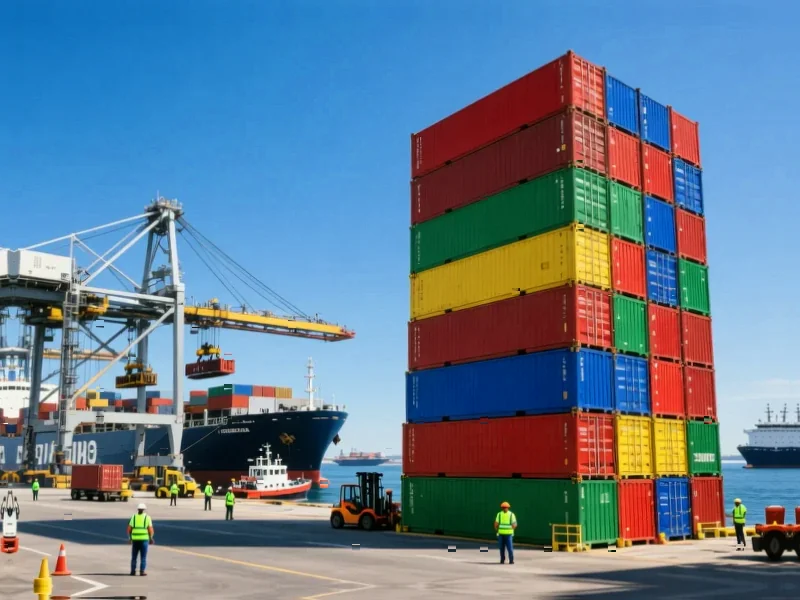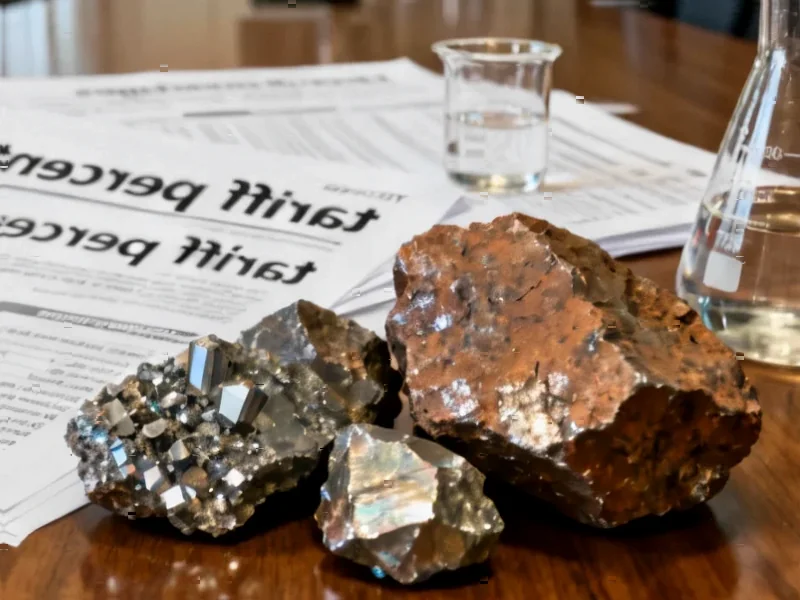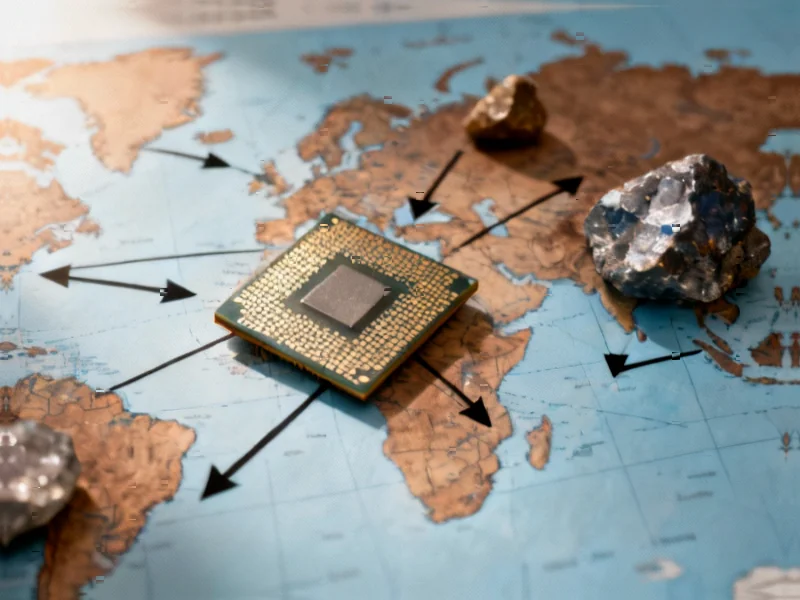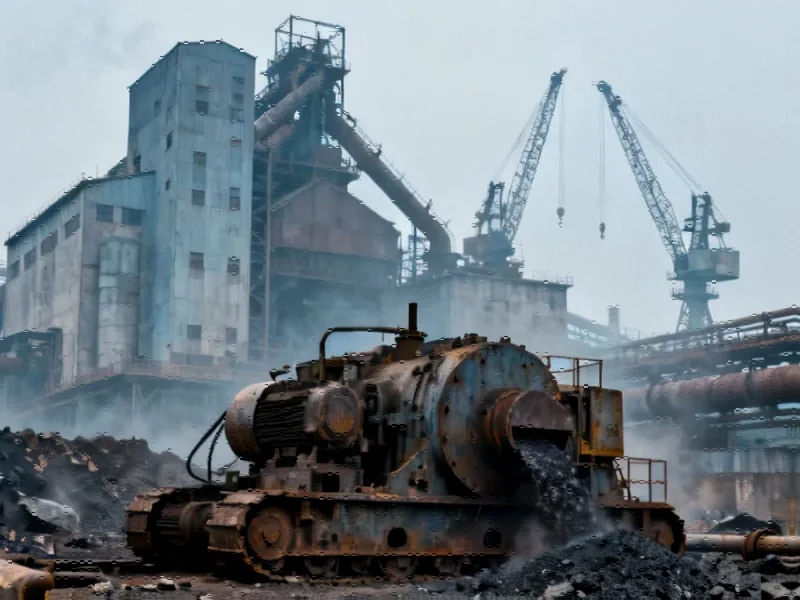The United States and Australia have inked an $8.5 billion agreement to strengthen critical mineral supply chains amid ongoing trade tensions with China. The deal includes funding for a major gallium refinery in Western Australia and significant defense technology purchases. This partnership aims to reduce reliance on Chinese-controlled rare earth elements essential for semiconductors, electric vehicles, and military applications.
Major Bilateral Agreement Targets Mineral Security
The United States and Australia have signed an $8.5 billion critical minerals agreement to secure materials vital for semiconductors, electric vehicles, and defense technologies, according to reports. President Donald Trump and Australian Prime Minister Anthony Albanese formalized the partnership Monday as both nations seek to reduce dependence on Chinese-controlled supply chains. Sources indicate the deal represents one of the most significant efforts to date to counter China’s dominance in rare-earth elements and other strategic materials.









